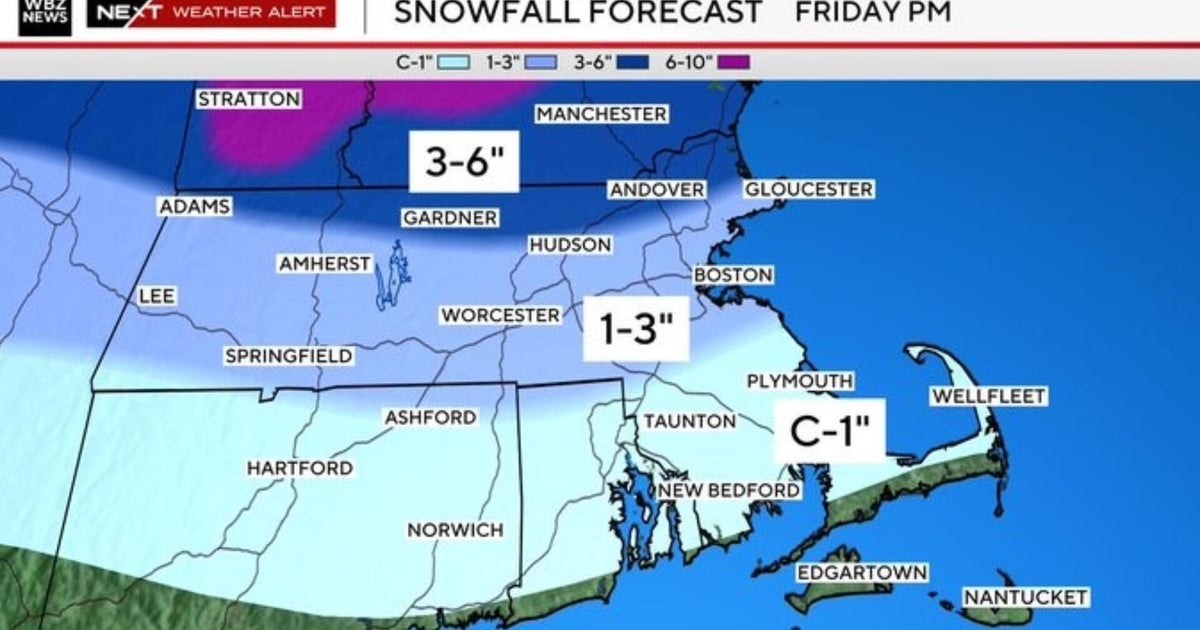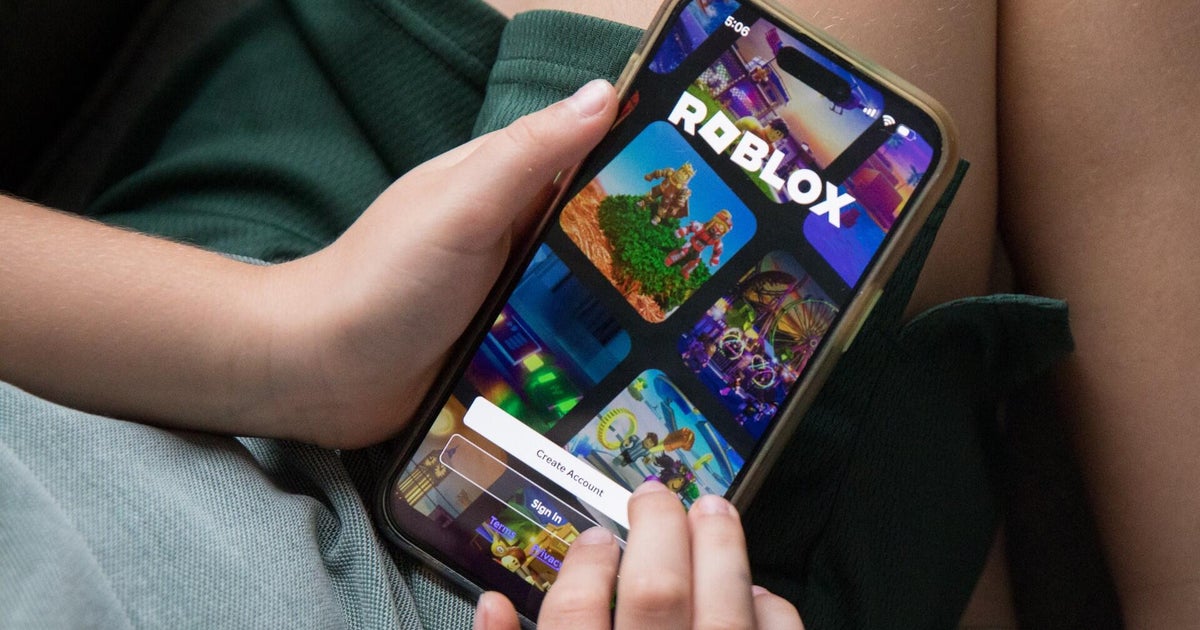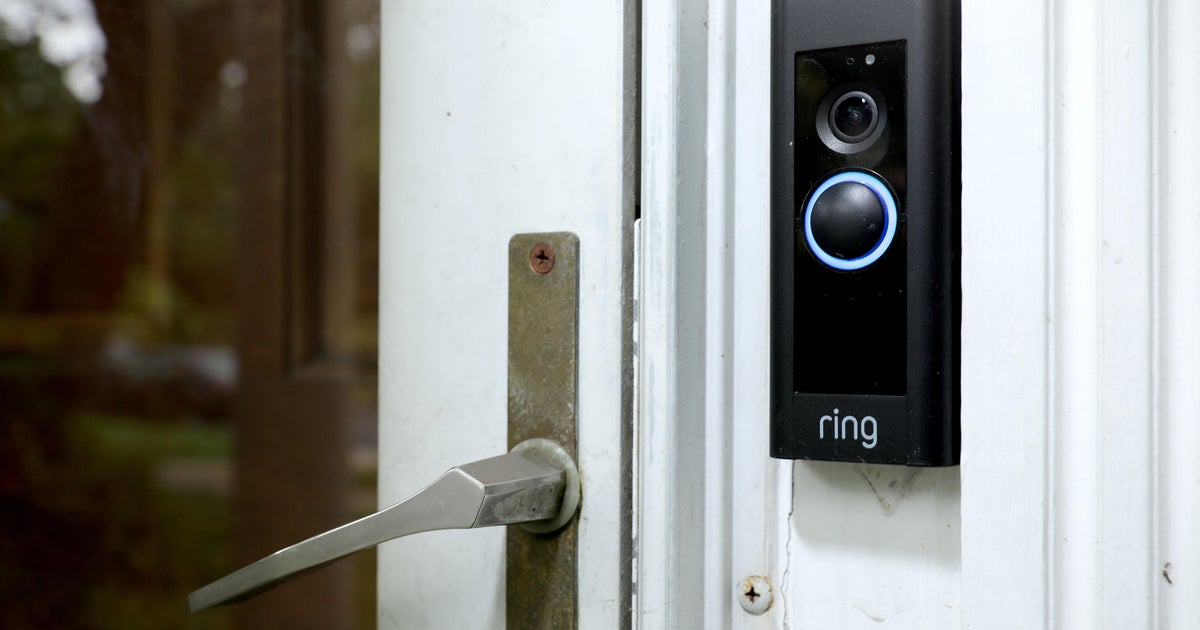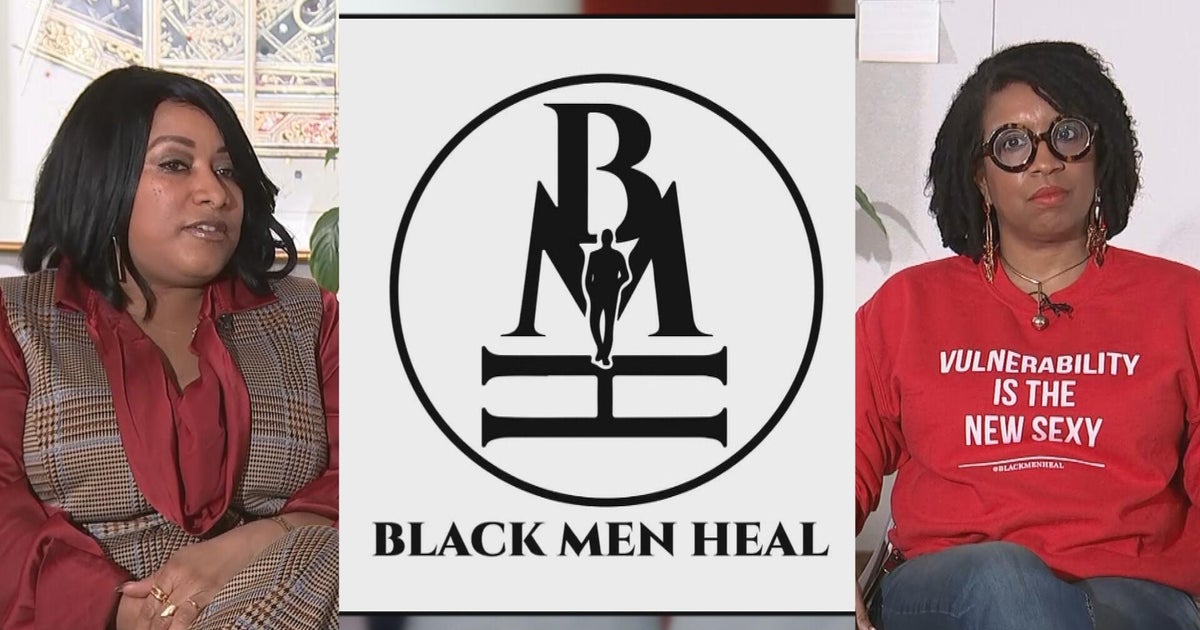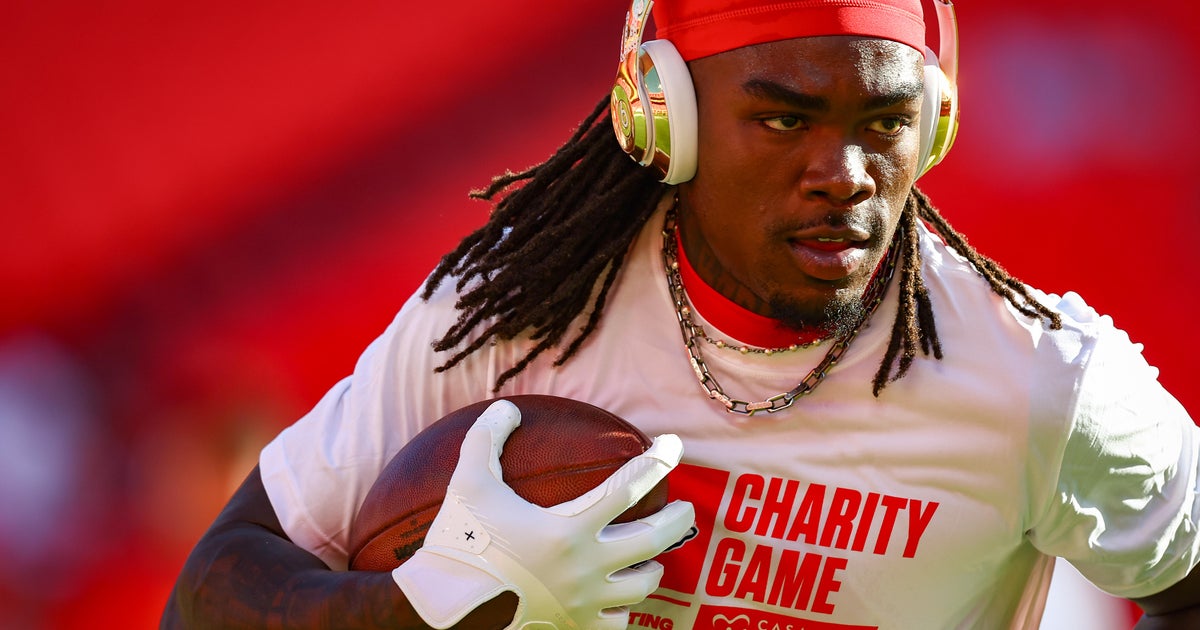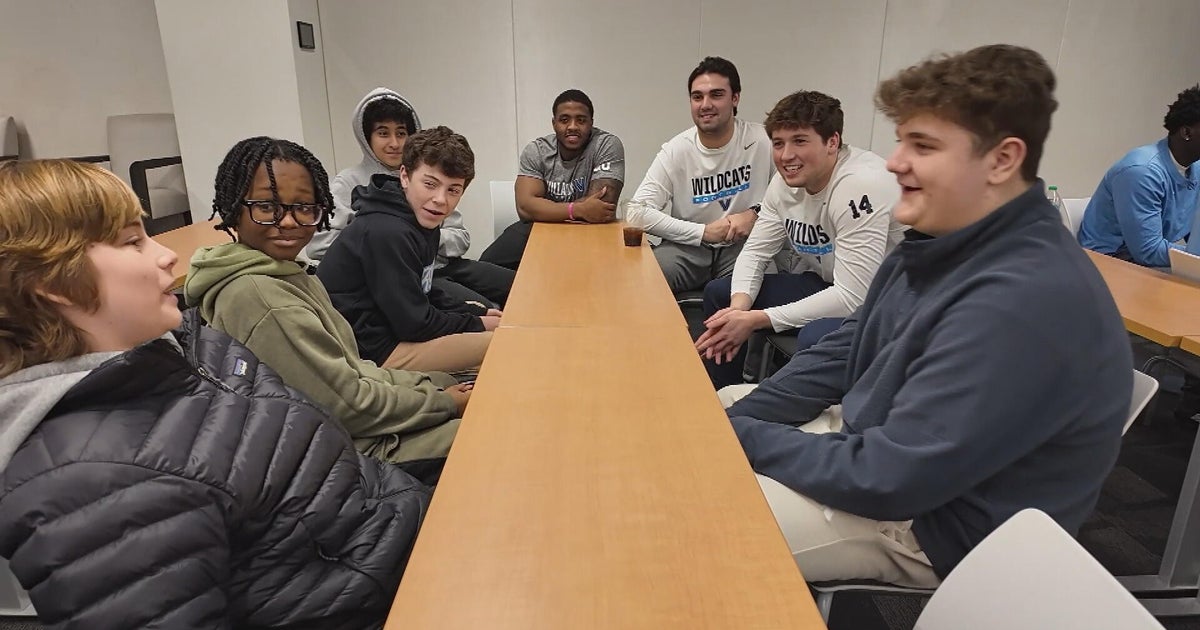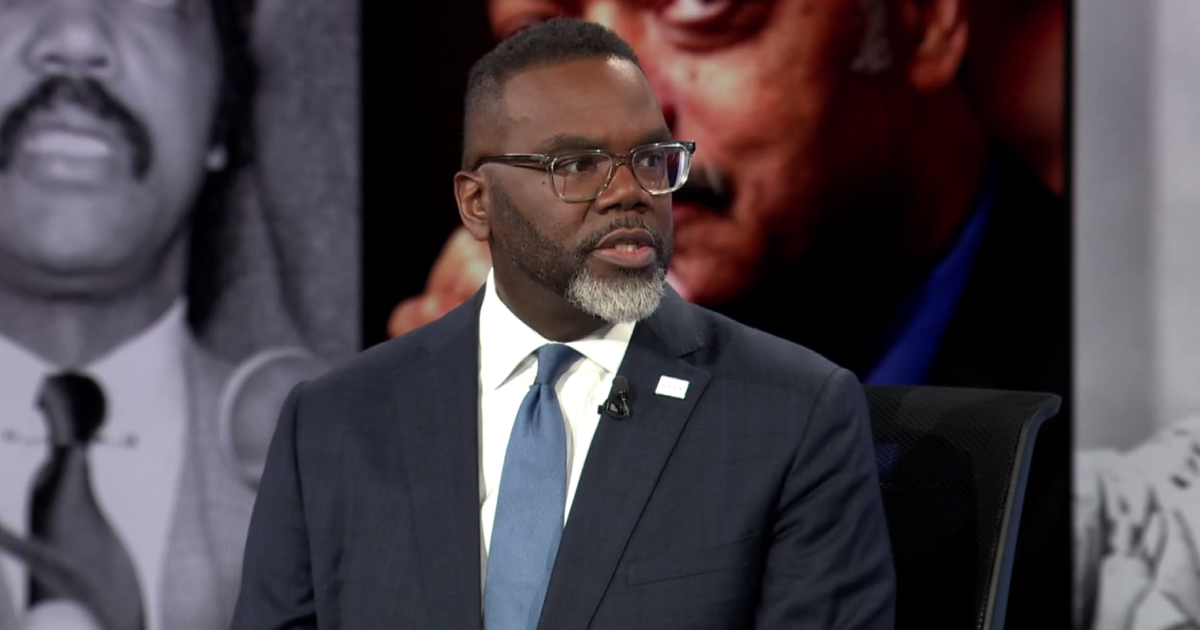Boston Medical Center Program Breaks The Cycle Of Violence
BOSTON (CBS) - One way to start a story like this would be to overwhelm you with back-story – tales of drug use, gun violence, abusive families.
We might focus on 2008, when Thomas Grant's younger brother was killed by a bullet that was shot through his bedroom window in Brockton. That was also right around the time that the then-17-year-old Thomas became a new father.
To get to the point: It's been a mix of bad luck and bad decisions for Thomas and for his best friend Kynndal Martin.
But the past is the past, the men say. And you can change your choices.
"That's where hope comes in," says 24-year-old Martin. "You gotta believe in something."
And so it was, one October night last year that these aspiring rappers, friends for 10 years, found themselves outside of City Limits in Randolph. Someone sprayed the crowd with bullets.
"We was in the parking lot and the shooter was like literally right there," Martin explains. "If he wanted to kill me, he could have did that." Instead, Martin was shot through his thigh.
"I was shot twice," his friend Thomas Grant, also 24, says. "I could have died, but obviously I'm here now for a reason. I took it in as a life lesson."
Both young men ended up in the Emergency Room at Boston Medical Center - at just about the lowest points in their young lives.
"That's the greatest opportunity to actually break a cycle," says Dr. Thea James, the director of BMC's Violence Intervention Advocacy Program, or VIAP. "It's an opportunity to find out how a person wound up in that position, and to break that cycle, and allow them to rise up out of it and to move on in their lives."
Advocates with the hospital's Violence Intervention Advocacy Program showed up at the men's bedsides and offered to stay by their sides -- if they wanted the help. The program is open to men who come into the ER as victims of gunshots or stabbings.
Each victim-turned-survivor gets a mentor - someone who's survived the streets themselves - to guide the way.
Asked to describe her job, VIAP advocate Kendall Bruce offers: "I'm a sister, I'm an aunt, I'm a mother, I'm a cousin, I'm a best friend. It feels good. It feels good that you can be there for somebody."
"It just feels like we're in the community trying to make it better than it is now," says VIAP advocate David Wiley. "You never know, this might be the first time someone actually genuinely showed them that they cared about them."
Thomas Grant isn't shy about heaping praise on Wiley, his mentor, calling him "basically a God-given blessing. David came to me and said, 'I can help you with everything.'"
Kynndal Martin is equally effusive about his mentor, Kendall Bruce, crediting her with encouraging him to be a better man.
"It starts with yourself," he explains. "Do you want to better yourself? Do you want people to look at you as like some bum, or do you want people to look at you as a positive role model, somebody that their kids could look up to?"
For both of these men, the constant encouragement works -- as does the fear that their own kids could also end up as victims without their dads to show them the way.
"That could be my fault because my son followed my footsteps, and that's not the footsteps I want him to follow," Martin says. "I want him to grow up to be something better than that."
